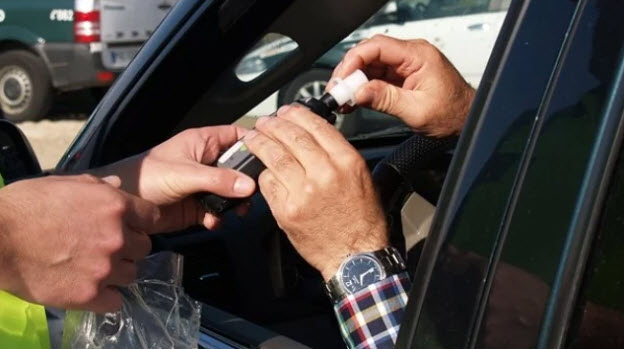
Technology Networks 31 March 2020
Family First Comment: Good news – especially if NZ makes foolish decision to legalise dope.
“Scientists now report that they are one step closer to a convenient saliva test for measuring cannabis levels at roadside stops. “People have the perception that driving after smoking marijuana is safer than driving drunk, but both substances can have similar effects, such as slowed reaction time, diminished alertness and reduced self-awareness. This is an emerging field, but preliminary clinical reports suggest that anywhere above 1 to 15 nanograms of THC per milliliter of blood is considered a level of impairment.””
In the U.S., those who consume alcohol and drive are often subjected to roadside stops, breathalyzer tests and stiff penalties if their blood alcohol content exceeds certain limits. Currently, no such test exists for cannabis intoxication, although the substance is known to impair driving, among other activities. Scientists now report that they are one step closer to a convenient saliva test for measuring cannabis levels at roadside stops.
The researchers are presenting their results through the American Chemical Society (ACS) SciMeetings online platform.
A brand-new video on the research is available at www.acs.org/philly-2020-thc.
“People have the perception that driving after smoking marijuana is safer than driving drunk, but both substances can have similar effects, such as slowed reaction time, diminished alertness and reduced self-awareness,” says Shalini Prasad, Ph.D., who led the study. However, unlike alcohol, the blood level of the psychoactive compound in marijuana, tetrahydrocannabinol (THC), that constitutes impairment has not been well characterized. “This is an emerging field, but preliminary clinical reports suggest that anywhere above 1 to 15 nanograms of THC per milliliter of blood is considered a level of impairment,” Prasad says.
As more U.S. states decriminalize marijuana, law enforcement agencies are grappling with how to keep the roads safe from drivers who are high. Blood tests for THC, while accurate, are time-consuming and invasive, and many police officers lack the skills to perform such tests at roadside stops. Some researchers are working on devices that measure THC levels in breath (similar to a breathalyzer for alcohol), but according to Prasad, levels of the substance are low in breath, requiring extensive, error-prone data processing to filter out effects of other compounds. Because THC in saliva correlates closely with that in blood, Prasad and colleagues wanted to develop a simple, quick and accurate saliva test for the compound.
To do so, the researchers, who are at the University of Texas at Dallas, engineered THC sensor strips and an electronic reader. The sensor strips, which contained two electrodes, were coated with an antibody that binds THC so that the substance could be isolated from the many other compounds in saliva. “We used the antibody so that we could really only look at the needle in the haystack,” Prasad says. To perform the test, the researchers added a tiny drop of human saliva spiked with THC to the strip and inserted it into the electronic reader, which applied a specific voltage. When THC attached to the antibody, the electrical current changed because of polarization that occurred between the interacting antibody and THC surfaces. The e-reader converted these data into THC concentration.
READ MORE: https://www.technologynetworks.com/applied-sciences/news/step-closer-to-roadside-cannabis-testing-332741

